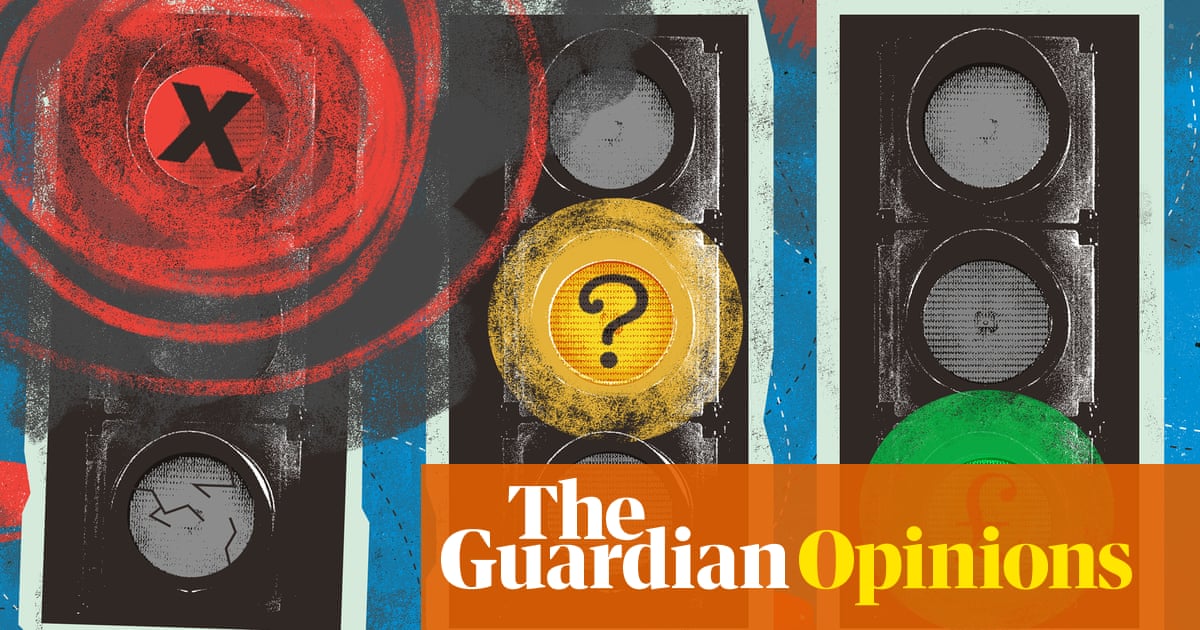In a cost of living crisis, heat pumps and electric cars are out of reach for most. Britain needs to fund a genuinely fair transition – and fast, says Guardian columnist Gaby Hinsliff
Some of the resistance is undoubtedly down to the Mr Toad tendency, enraged by any attempt to prise their hands off the steering wheel. (Though clean air zones aren’t strictly speaking designed to force motorists on to the bus, by painting driving as a filthy, antisocial habit, they undoubtedly offer a hefty nudge in that direction). But there remains an awkward grain of truth in the argument that – ironically, much like air pollution itself, which is most lethal to the poorest living on busy arterial roads – clean air zones are toughest on people who can least afford to comply. That means delivery drivers buzzing around on cheap mopeds; white van drivers; shift workers dreading the day their knackered old banger fails its final MOT, because it’s the only way to get home safely in the middle of the night; and also small high street businesses struggling to stay afloat, worried this might be the final death knell for customers driving into town.
None of this changes the fact that pollution kills, cities need to wean themselves off cars, and the climate crisis poses an existential threat. But if going green costs money that not everyone has, then ultimately there are only two plausible political responses. The first is utterly unconscionable, since it means reneging on net zero. The second is to find the money for a genuinely fair transition, and fast.
This isn’t just about Ulez. There are some alarmingly big bills looming for millions of households in the name of saving the planet, and however clearly people might see the moral case for getting rid of their gas boiler or their old petrol car at a time when forest fires are ravaging Greece and flash floods are hitting Spain, money is money. If you genuinely can’t afford to switch, few things are more alienating than being made to feel guilty about that by people shocked at how hot it was on the beach in Sicily this year.
While it’s UK-centric, I think the points in this article apply generally and globally, and we cannot shirk away from the fact that wealth must be redistributed fairly to allow people to reduce their carbon footprint. Normal people shouldn’t be made to choose between their current urgent survival AND their communal/future survival. “Going green” should not be a privilege.



in software these days it is: good, cheap or fast; pick one (if you are lucky [usually things are just bad, expensive and slow as f&*k])